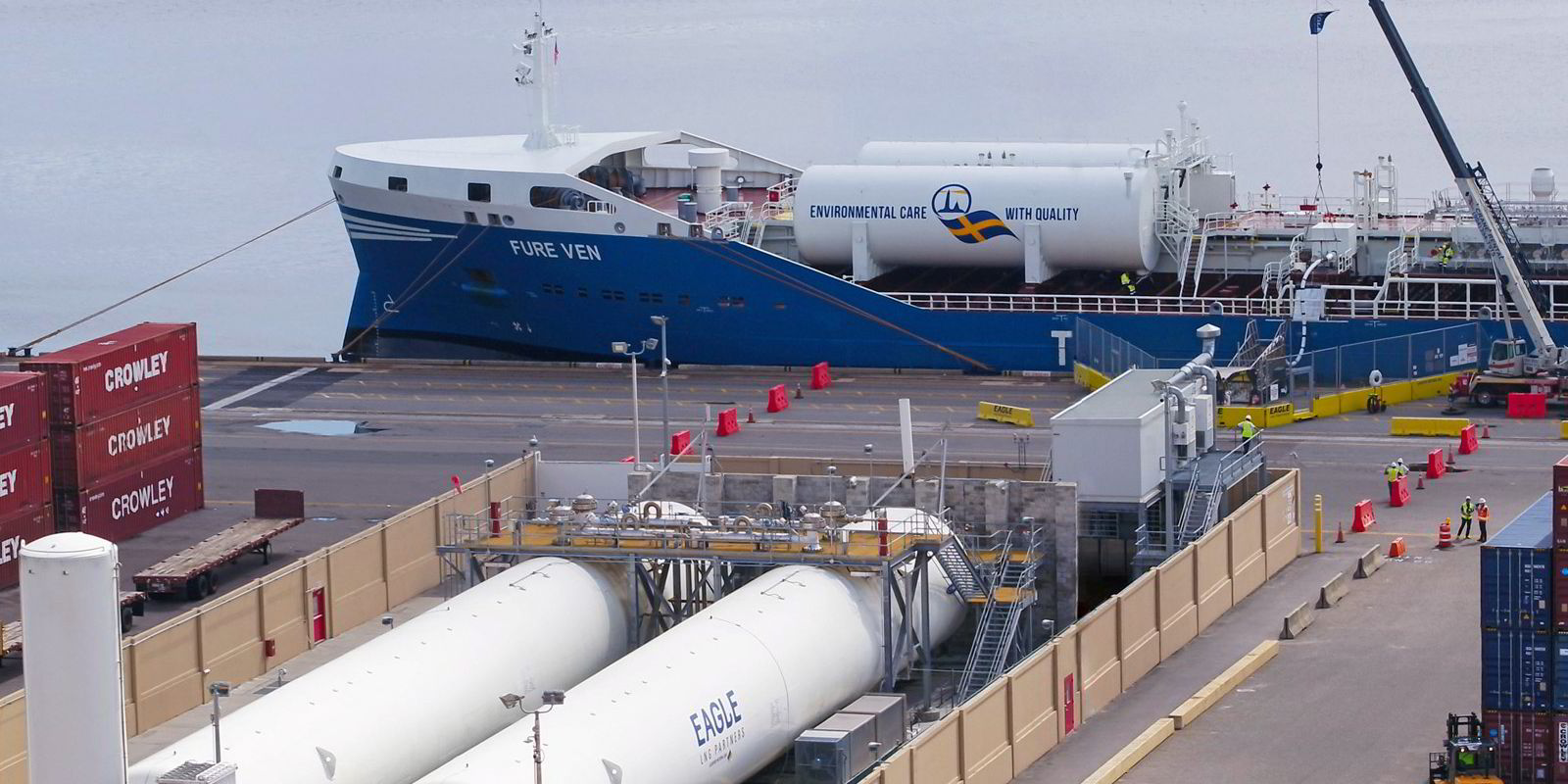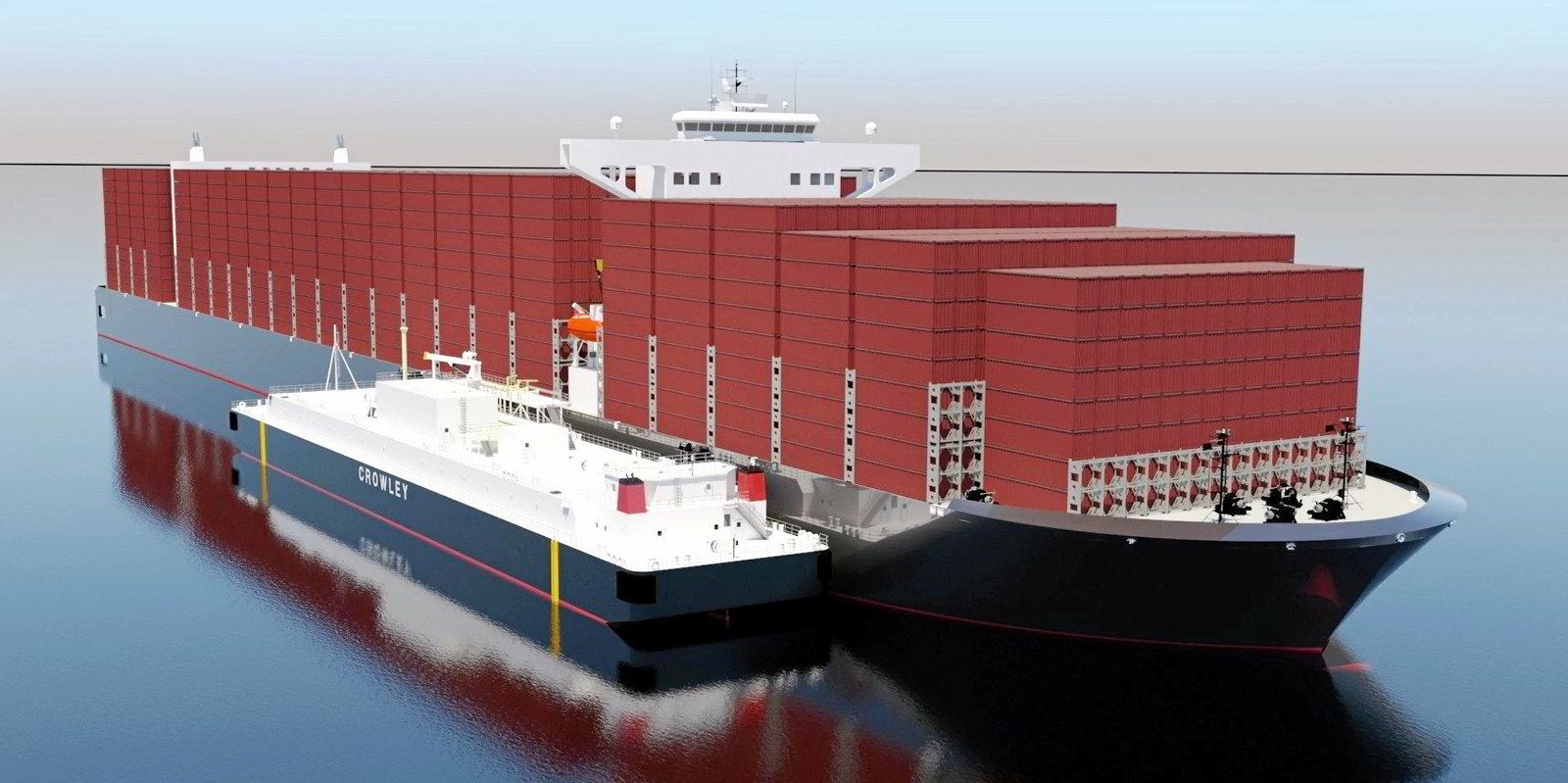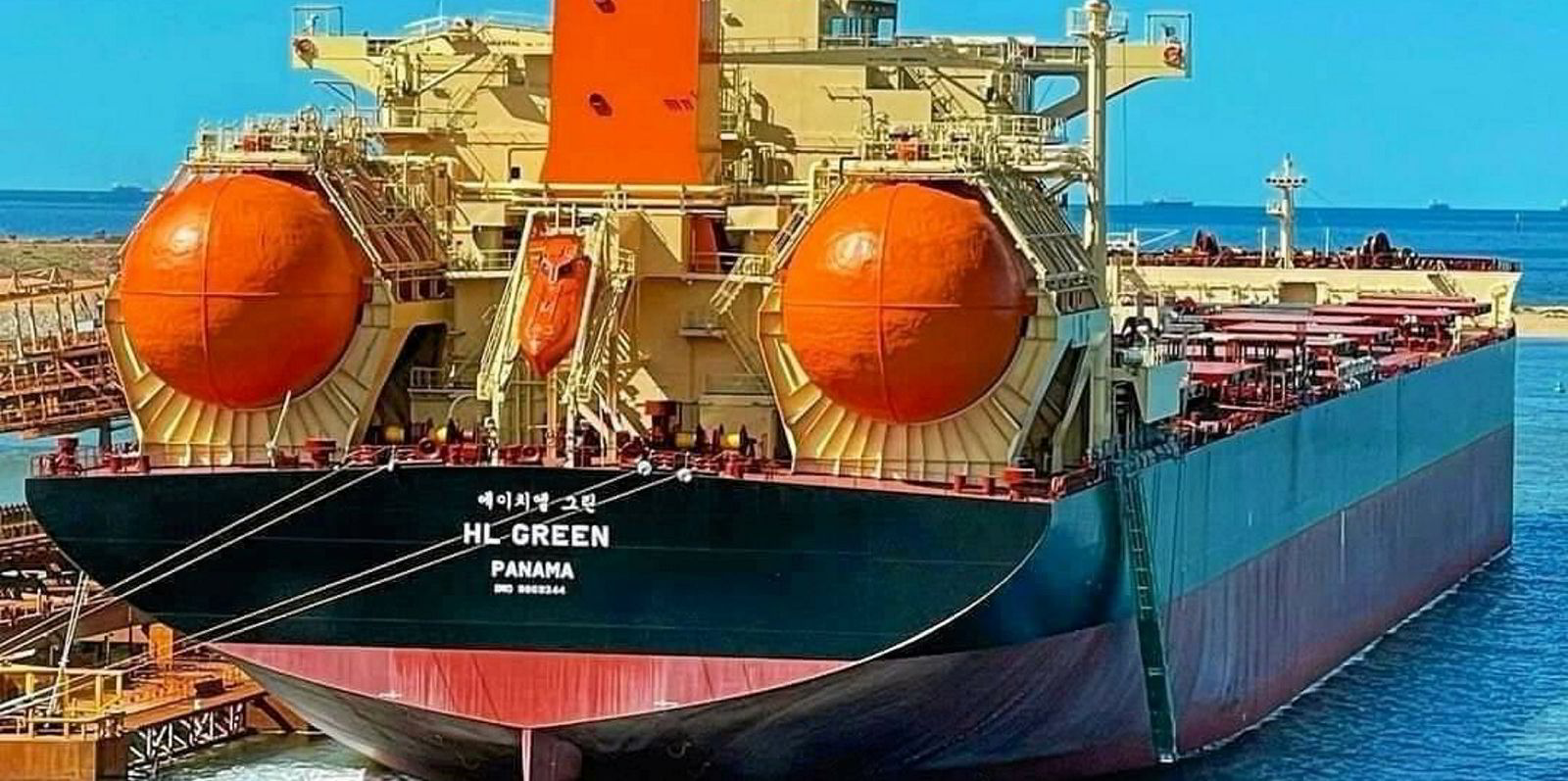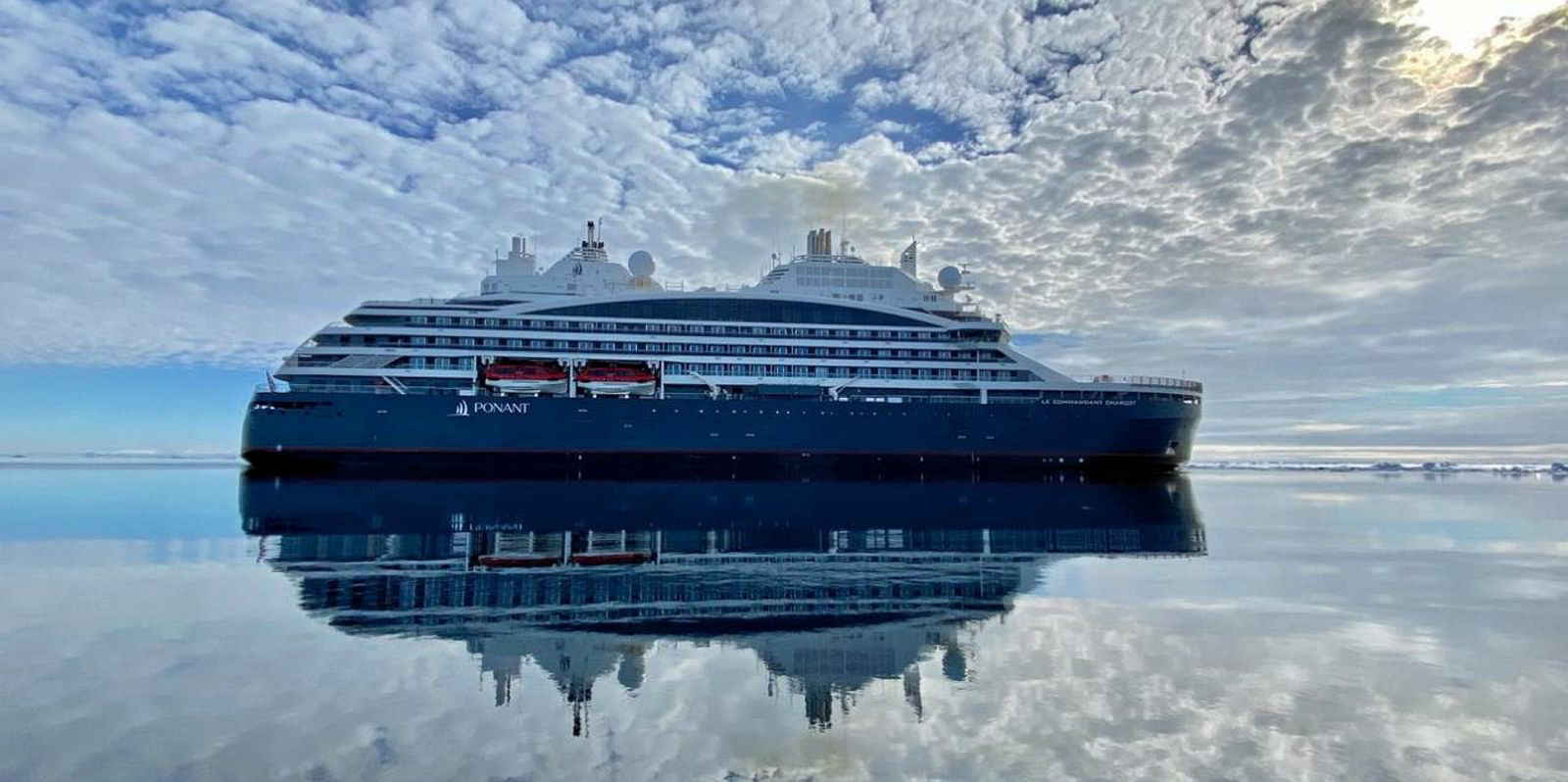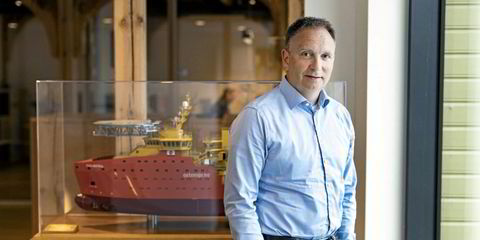US providers of LNG as a marine fuel are branching out to provide a more global bunkering infrastructure that could offer some of the cheapest supply in the world, according to Eagle LNG.
Eagle LNG business development manager Matthew Fisher said that over the last five to six years, US Jones Act operators have been the main movers in providing the initial LNG bunkering points in the country.
Speaking on ship.energy Summit’s bunkering conference on Tuesday, he mentioned Jacksonville in Florida and the upcoming facility at Puget Sound later this year.
Fisher said these operators can now leverage on this to provide more global LNG bunkering points for vessel operators.
He said the US’ most competitive aspect is its low-cost underlying natural gas index.
By having this infrastructure paid off provides vessel operators direct access to the lowest cost natural gas globally, he said.
Fisher added: “Over time, I believe the United States could become the largest LNG bunkering provider in the world because of its benefits and access to abundant low-cost resources.”
Asked about the likely mix of LNG-fuelled vessels by 2030, Fisher gave a wide estimate of between 25% and 30% of all vessels.
Fisher said he believes that by 2030 incentive programmes will accommodate oceangoing vessels and further investments will have been made on bio-LNG so that the majority of vessels will have a bio component in their fuel.
Peter Keller, who is chairman of industry coalition SEA-LNG, said that while he liked Fisher’s numbers, it is “very hard” to put up a figure.
He described the newbuilding orderbook over the past six to nine months as “very unique”.
Keller said that while SEA-LNG thinks the growth in LNG is “very strong”, the body needs to look at what will happen over the next few years once the high earnings of the container shipping sector have been “normalised” and will be putting out its own estimates.
Panellist Dag Lilletvedt, who is chief executive and founder of fuelling platform Powerzeek, pointed out that a vessel ordered in 2030 will be 20 years old by 2050.
Lilletvedt said he believes that by 2030 75% of vessels will be ordered with some kind of clean fuel option for their propulsion.
